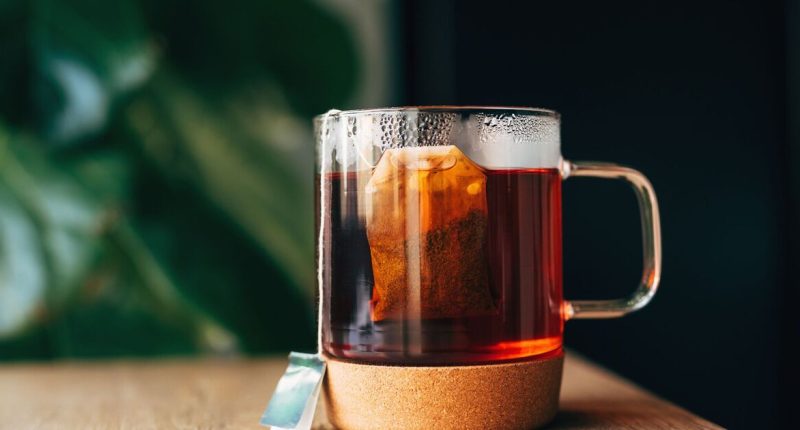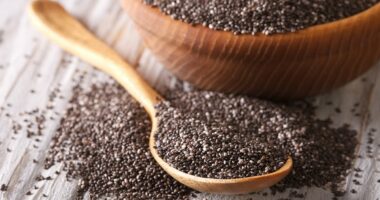Share this @internewscast.com
A cuppa could be a surprising saviour, but Brits need to leave the sugar or sweeteners out to reap the health rewards. Research by Nantong University in China discovered that consuming two 250ml cups daily could reduce the risk of heart failure by 21%.
Additionally, drinking two cups of unsweetened tea each day was found to decrease the risk of stroke by 14%. The probability of being diagnosed with coronary heart disease also dropped by 7%. However, adding sugar or artificial sweeteners halts these benefits in their tracks. It’s worth noting, though, that the researchers didn’t find a link between sweet tea and an increased risk of these conditions.
The scientists analysed data from 177,810 Brits in the UK Biobank, tracking them over several years, of these, 147,903 confirmed they were tea drinkers, with the majority opting for unsweetened tea.
A study from early last year indicated that enjoying two cups of tea daily over seven years could slash the risk of death from a heart attack or stroke by 19%.
The research suggested that each additional cup of tea consumed daily could further reduce the risk by 4% but the type of tea and whether it was taken with milk or sugar wasn’t specified in the findings, as noted by the British Heart Foundation.
However, the new study found a “U-shaped association” between tea drinking and cardiovascular risk, with the lowest risk observed in those consuming zero to two cups per day. Going beyond this number didn’t add any additional protection or cut the risk any lower.
A linear relationship was discovered regarding stroke risk, so the more unsweetened tea someone drank, the lower their stroke risk became.
The researchers acknowledged certain limitations within their study, including potential bias due to selecting participants from the Biobank, which may consist of individuals who are inherently more health-conscious.
Interestingly, the study also revealed that the way people take their tea could say a lot about them. Those who add more than the average 1.1 teaspoon of sugar or artificial sweetener are more likely to be men, smokers, and have lower education levels.
These people were also less likely to be physically active and generally had less healthy diets compared to those who drank unsweetened tea. People who used sugar rather than sweetener in their tea were more likely to be older and take fewer supplements.
However, those who swapped sugar for artifical sweeteners were more likely to be obese and have a family history of cancer or cardiovascular disease.
















